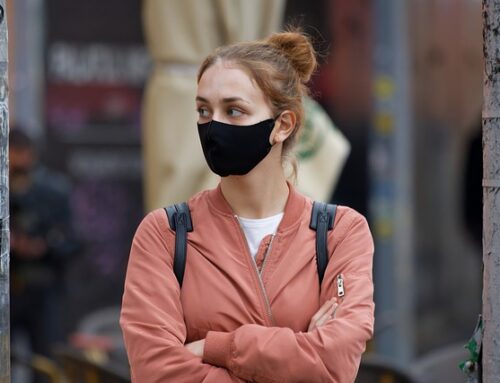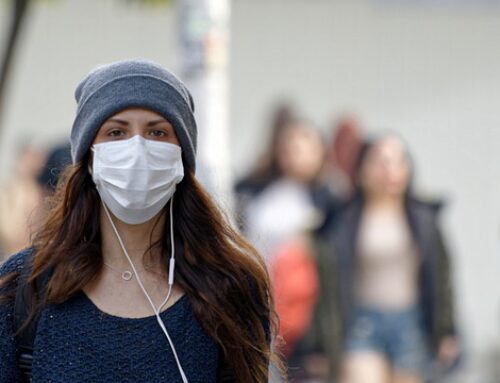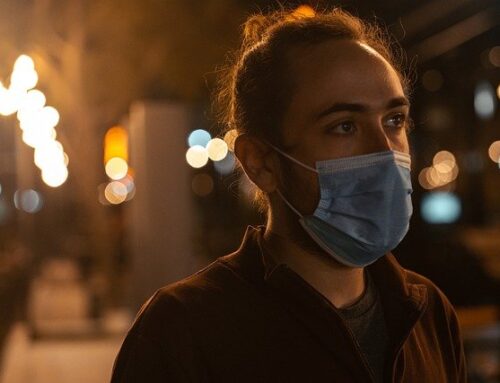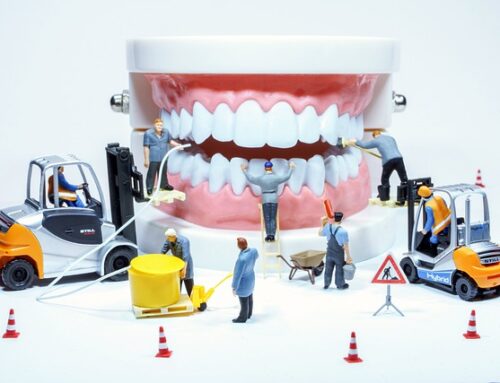Do you find yourself breathing through your mouth rather than your nose? Or maybe you don’t, but you know someone who does? Mouth breathers can experience a host of unpleasant symptoms that will need to be addressed before they get worse. While mouth breathing can occur for a variety of reasons in both adults and children, the culprit is often nasal obstruction. When we breathe normally through our nose, the air we take in is warmed and moistened before traveling to our lungs. However, if you have difficulty breathing through your nose, it can force you to take in cold, dry air through your mouth.
Ok, so what’s the problem?
The most common side effect of mouth breathing is an excessively dry mouth. Normal conditions yield the continuous development of saliva which washes bacteria from the mouth. If your mouth is dry, that bacteria will take hold and cause problems such as cavities. Mouth breathing in children can also lead to permanent skeletal deformities because it promotes the growth of the upper jaw instead of the lower jaw. This can result in a large overbite and gummy smile.
It can also cause sleep difficulties. Mouth breathing often causes people to wake up in the middle of the night if they are not getting enough oxygen. In children this lack of sleep may reduce their ability to pay attention and concentrate in school. As a result, it can often be mistaken for attention deficit disorder. In adults, mouth breathing can be related to sleep apnea, which can cause people to wake up frequently throughout the night.
If you or your child is a mouth breather, it is important to determine why it is occurring before we can correct it. Contact Dr. Sara in North Scottsdale, AZ for more information on mouth breathing and what treatment options might be available.







